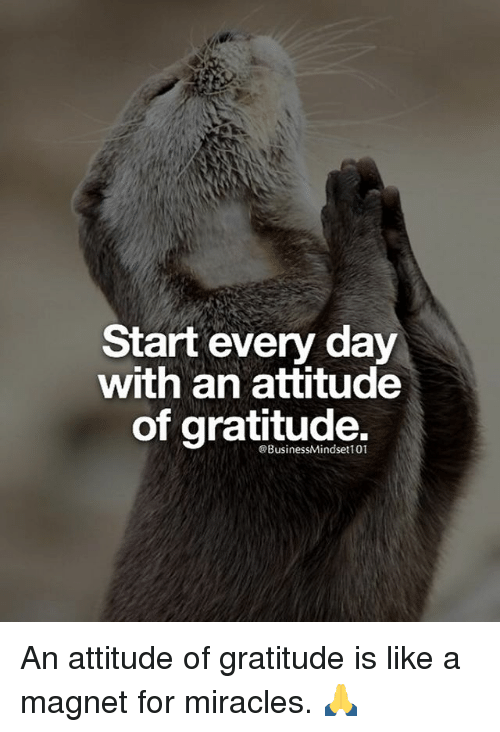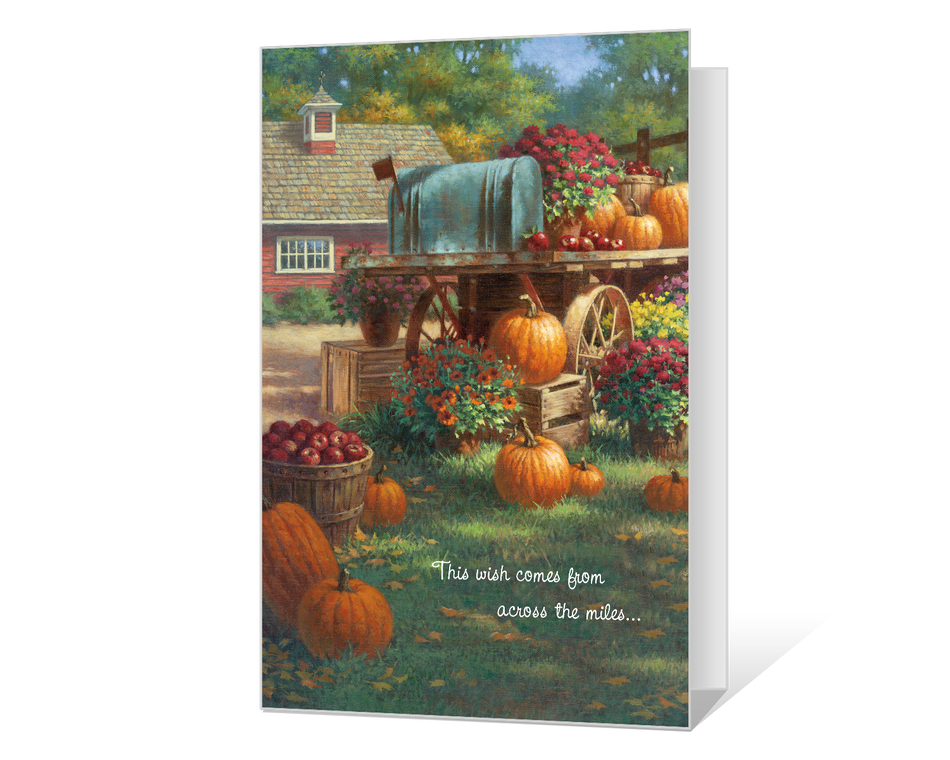How to Heal Cuts and Wounds Faster
Next chance I get I am mixing up some of this because I am always cutting myself or ripping open some skin~! Thanks @Jimi
How to Heal Cuts and Wounds Faster
Hi Steve, how you been my friend?Next chance I get I am mixing up some of this because I am always cutting myself or ripping open some skin~! Thanks @Jimi
Hi Steve, how you been my friend?

Happy Thanksgiving Jimi!MAY YOU ALL HAVE A HEALTHY AND HAPPY THANKSGIVING


Part Two
Fluke? No way. Take the young baby of 4 months (I forget his name but not his appearance). He was bloated (puffy) and plastered with eczema, his brief existence had been a terrible torment. He scratched till he bled. Parents had tried to restrain him but the little mite pulled his limbs free at night and went back to scratching. His sheets were covered in blood every morning.
The hospital had tried to help but there seemed little they could do, since at that time they did not believe in food allergies; “Mumby-jumbo” they called it and sniggered. The child was sent home with steroid creams, which were not helping and I think everyone expected the child to die. The parents were distraught and brought him to me.
Well, we did a food diary: what exactly was the child being fed? There was ONLY ONE repetitious daily food. Milk? Nah, it was potato!
I said it was the number one suspect and to stop him eating any more potato—and be very careful with infant formulas, where it could be hidden.
In the next 48 hours this little lad literally peed himself down to size; 2 or 3 litres of fluid came away through his tiny willy. The bloating vanished. The skin healed and was closed to the outside within 24 hours! It was an instant triumph… EXCEPT! …The parents still couldn’t believe it was potato. So, without telling me, they fed him another meal with potato… you can guess the result. The child’s skin erupted, he tore at it with his fingers and he was covered in blood yet again when I next saw him.
However, the parents were simple and good folk; they owned up to the experiment; everyone was happy I’d nailed the cause; he would never get to eat potato again.
Still thinking it’s rare? Let’s look at a lady who had very bad eczema. Yes, if you consult my writings in detail, you’ll see I have drawn a strong association between eczema and potato. Doctor pseuds call that “anecdotal” and it doesn’t mean anything, they say. Well, it means a lot to me and the torrent of lovely people who came past my desk in those exciting, pioneer years.
Anyway, back to the story. This lady had eczema so bad, she would wake up some days with her pajamas stuck to her. If she tried to peel off the garment, it would strip her skin from the flesh. For occasions like this she was given a special dispensation to just show up at ER, without an appointment, and they would soak her jammies off, clean her up and send her home with some more steroid creams.
Lord knows why: the fact she kept turning up every couple of weeks should have alerted any intelligent doctor to the fact the creams were not working!
Well, you will already have guessed it was potato… and it was. Result: stop eating potato; eczema GONE! Incidentally, potato was the ONLY allergy in that case.
So is it all skin stuff, hives (urticaria), eczema and the like?
No. One lady suffered with extreme depression for over 20 years. That turned out to be potato too. As I was finalizing the test, at the same moment the husband was at home peeling 3 lbs. of potatoes, which they ate every day.
In my writings I talk a lot about the fact that a person tends to get hooked on their allergy foods. It’s an addiction to the very thing that is making them ill.
Yes, she recovered within a week and threw out all her meds.
I had a patient who reacted to a pretty nice vitamin and mineral formula. I took it myself. But she got suicidally depressed. It turned out that potato shavings were the starch used to bind the pills and, yes, she was allergic to potato.
Any more? Yes, hundreds more. Let me just mention a wonderful executive businessman, Ron I think. He had chronic rhinitis; he’d had it for well over twenty years. A test showed a reaction to potato. My first wife and I were both in his presence when he sniffed through his nostrils for the first time in twenty plus years!
That was a smile to remember!
Last quick tip, before I get to the point: many people report having very itchy skin on their hands when they peel raw potatoes. But they eat the potatoes anyway! WHAT? It’s crazy, I know. But people often just don’t think things through: if it’s inflaming your hands, what is it doing to the rest of your body when you swallow it?
So, What Is The Point?
Nothing heavy. I’m just reprogramming my “Diet Wise” book approach and I am going to launch a whole program called “One Diet For Life” (actually OneDiet4Life).
It’s a journey I think everyone should make, at least once in their lifetime. Find out which foods your body likes and which ones your body HATES. You know what to do when you find your bandit foods! I can guide you through this. You’ll love it when it launches.

Iodine Deficiency and Radioactive Iodine Cause Cancer and Thyroid Disease
https://drsircus.com/iodine/iodine-...tive-iodine-cause-cancer-and-thyroid-disease/

Yes i do eat some, love sweet taders but have an occasional baked potato and once in a while we have over friesDo you eat potato’s at all, Jimi? I hardly ever have them. I like home fries, but I don’t make them anymore.
It's very important to keep your iodine levels up, it sometimes will kill a coldEek, I keep forgetting to take iodine!
